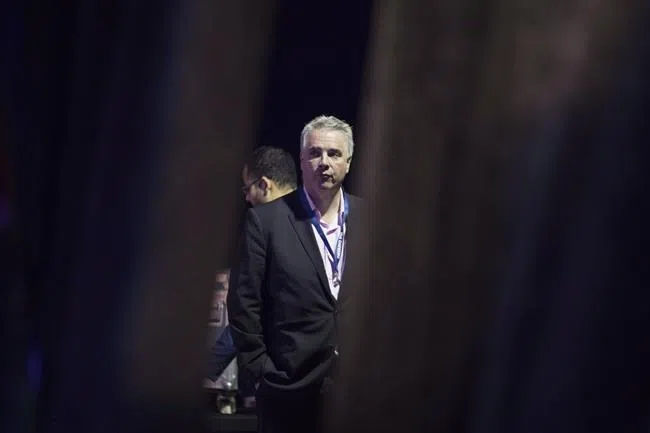
Contempt for courts? Critics denounce disdain for rule of law in Ontario, U.S.
WASHINGTON — Maybe the White House and the Pink Palace have something in common.
Inside the rosy sandstone walls of the Ontario legislature, opposition critics were up in arms over a Toronto Star report in which anonymous Conservative insiders accused Dean French, Premier Doug Ford’s chief of staff, of trying to interfere in police investigations of illegal cannabis outlets when marijuana was legalized in Canada last month.
That same day, Americans learned that President Donald Trump wanted the U.S. Justice Department to pursue prosecutions of two of his political targets: former Democratic presidential candidate Hillary Clinton and fired FBI director James Comey.
Both reports struck a similar chord: two anti-establishment leaders, each known for an unconventional approach to governing, seeking to defy long-standing political conventions that frown on exerting political influence on the independent machinery of law enforcement.
